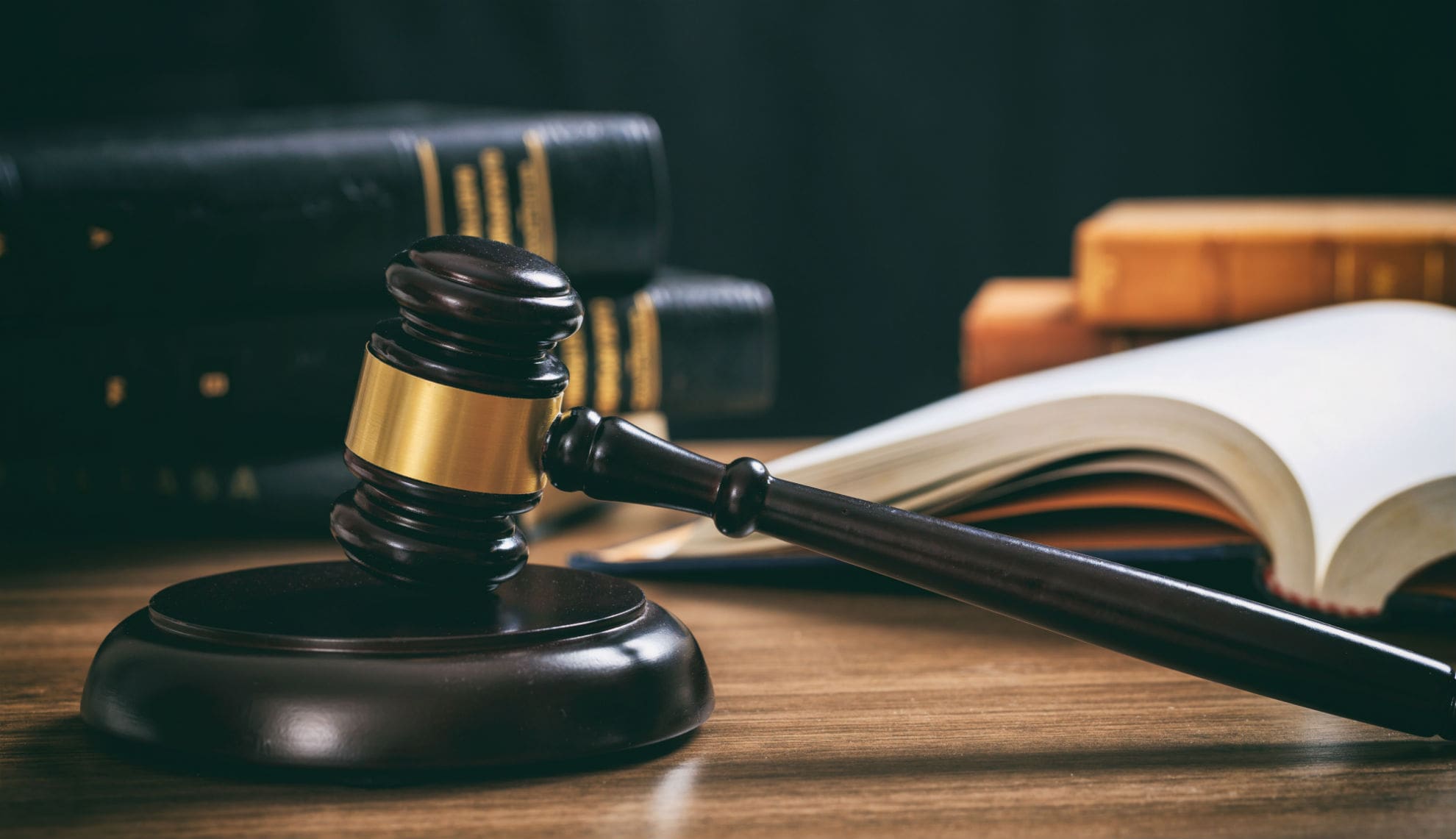I am studying in the third year of the State University of Economics and Technology.I specialize in contractual, economic and corporate law, in particular, I provide consultations and write articles.
A criminal offense by its very nature has a socially negative effect and often such an effect manifests itself in the form of harm to other persons. In this case, we will be talking about the appearance of a key figure in the criminal process, namely the victim. The legislation clearly establishes that a natural person can act as a victim, provided that he/she is charged with property, physical, or moral damage as a result of committing an offense, and a legal entity, in the event that he/she is charged with property damage. At the same time, even at the stage of inflicting damage, a person does not acquire the status of a victim, because it arises from the moment a person files a statement about the commission of an offense against him or a statement about involving him as a victim (submitted by persons who are not applicants, but who also damage caused by a criminal offence).
The victim: rights and obligations at different stages of the process
The criminal process is divided by the legislator into certain stages, and at each of them the victim is an active participant, which is expressed in the extent of the rights and responsibilities assigned to him. During the pre-trial investigation, the victim has the right to immediate acceptance of his statement and, as a result of his recognition as a victim, to receive a document confirming acceptance and registration from the body to which the statement was submitted, to submit the evidence that will confirm the statement in the statement, to be personally present during carrying out investigative actions and getting acquainted with their protocols, and already after the end of the pre-trial investigation stage, receiving copies of materials related to the offense that was committed. After acquiring the status, the victim is given a memo with his rights by authorized persons. During the stage of court proceedings, the victim also has a number of rights, regardless of the instance in which it will be carried out, namely: to be informed about the place and time of the meeting, to participate in the court proceedings, to participate in the examination of evidence, if the prosecutor refused to maintain the accusation, personally support the prosecution, express an opinion during the sentencing, and also appeal the court's decision. The full list of rights is set out in Art. 56 of the CCP. The above-described rights correspond to the duties that rest on the person of the victim, namely: to arrive at the summons of the investigator, prosecutor, investigating judge, court, if for objective reasons it is not possible to arrive - it is necessary to inform about it, not to create obstacles in establishing the circumstances of the commission of the offense, as well as not to disclose without the permission of the prosecutor, the investigator the information that he learned in connection with the participation in the proceedings and which is protected by law as a secret. In the event that the victim is a minor, a person with limited legal capacity or an incapacitated person, their legal representative is involved in procedural actions with their participation.
What to do in case of violation of rights?
The Criminal Procedure Code enshrines the possibility for the investigator or prosecutor to issue a decision on refusal to recognize a victim. In particular, this is possible if there are grounds to believe that the person who submitted the application was not actually harmed. Such grounds must be obvious and sufficient for issuing a resolution. Quite often this is abused, which of course causes cases when persons who were actually harmed as a result of the offense do not acquire the status of a victim and as a result do not receive the above-described scope of rights. This ruling is subject to appeal within 10 days. The complaint is submitted to the investigating judge. The direct review of the complaint must take place within 72 hours of its receipt by the investigating judge with the mandatory participation of the complainant or his lawyer.
Analysis of the victim's right to involve a representative:
The victim has the right to involve a representative in the form of a defense attorney. In some proceedings, the consultation of a lawyer in criminal cases is a key figure for the victim, because the process of gathering evidence, legal analysis of the situation, initiation of investigative actions, analysis of documents - all this requires experience and understanding of the theoretical and practical components of the criminal process, which, of course, a criminal lawyer will provide. A criminal lawyer is endowed with a greater range of opportunities to collect important evidence by submitting requests, interviewing individuals, obtaining expert opinions, etc. Therefore, a criminal case is a rather complex process, and therefore such an important participant in it as the victim needs complex legal protection and support at all stages.





























